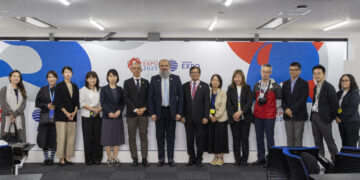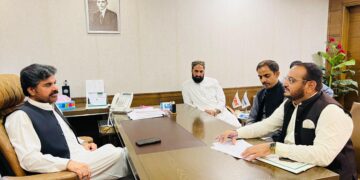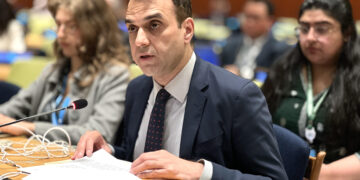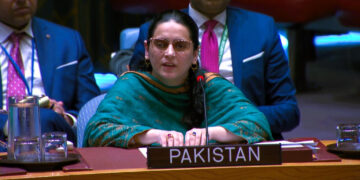Islamabad, September 25, 2023 Today, as we reflect on global efforts to empower individuals with choices concerning their reproductive health, under the theme ‘The Power of Options,’ we must shed light on a pressing concern that affects millions in Pakistan—the unmet contraceptive need.
Pakistan stands as the fifth most populous country in the world, with a population of over 220 million people. Despite commendable progress in various sectors, a considerable portion of our population still grapples with unmet contraceptive needs. Shockingly, over 21% of married women who wish to avoid pregnancy in Pakistan do not have access to effective contraception. This stark reality not only impacts individual lives but also exerts immense pressure on our socio-economic systems.
The issue of unmet contraceptive needs is a multifaceted challenge. Clinical concerns, societal constraints, and communication gaps are intertwined factors that hinder contraceptive access. Clinical facilities in remote areas may lack the necessary resources and trained staff, making it difficult for women to access contraceptives. Societal norms and cultural taboos can make open discussions about family planning a sensitive issue, further exacerbating the problem.
Moreover, unmet contraceptive needs have far-reaching consequences. It contributes to a higher fertility rate, leading to rapid population growth, and poses significant risks, particularly for young mothers. Maternal mortality rates remain unacceptably high in Pakistan, primarily due to unintended pregnancies.
Universal contraceptive access relies on the engagement of diverse stakeholders. Policies and government advocacy are at the heart of addressing unmet contraceptive needs. Pakistan must establish comprehensive, well-implemented policies to ensure method availability and foster an enabling environment. Despite considerable political will, including a national commitment that was endorsed by the president to raise the contraceptive prevalence rate (CPR) to 50% by 2025, it has stagnated at around 30-35%, the lowest in South Asia.
It is imperative for advocacy efforts to dismantle cultural barriers, reduce stigma, and promote awareness, facilitated by sufficient funding, trained healthcare professionals, and accessible facilities. Collaborative efforts with civil society, international agencies, and community leaders are indispensable for creating a supportive family planning ecosystem.
Delivering Accelerated Family Planning in Pakistan (DAFPAK) stands out as a cross-sectoral initiative by the Foreign, Commonwealth & Development Office (FCDO) that has been making a significant impact since its inception in 2017. With a core focus on enhancing access to high-quality family planning information and services, especially in underserved regions and among marginalized groups, DAFPAK has reached millions of individuals nationwide.
At the forefront of DAFPAK’s outreach efforts is its communication platform, KhairKhwah.
The platform disseminates vital information about family planning through electronic, print, digital and outreach channels and has not only transformed perceptions but also dismantled barriers to increase awareness and facilitate greater access to contraceptives.
While efforts like these are laudable, there is much work to be done. The journey towards universal access to contraception requires sustained commitment from all stakeholders—government, civil society, healthcare providers, and communities. We need comprehensive, intersectoral approaches that tackle not just the supply-side issues but also the demand-side barriers, such as cultural norms and lack of awareness.
Investing in family planning is not just a matter of health; it’s an investment in Pakistan’s socio-economic development. By addressing unmet contraceptive needs, we can reduce maternal mortality rates by nearly a third, enable women to participate more actively in the workforce and promote economic growth.
On this World Contraception Day, let us reaffirm our commitment to family planning as a fundamental human right. Let us join hands to create a future where every Pakistani has access to quality contraception, and where individuals are empowered to make informed choices about their reproductive health. Together, we can build a healthier, more prosperous Pakistan for generations to come.
















